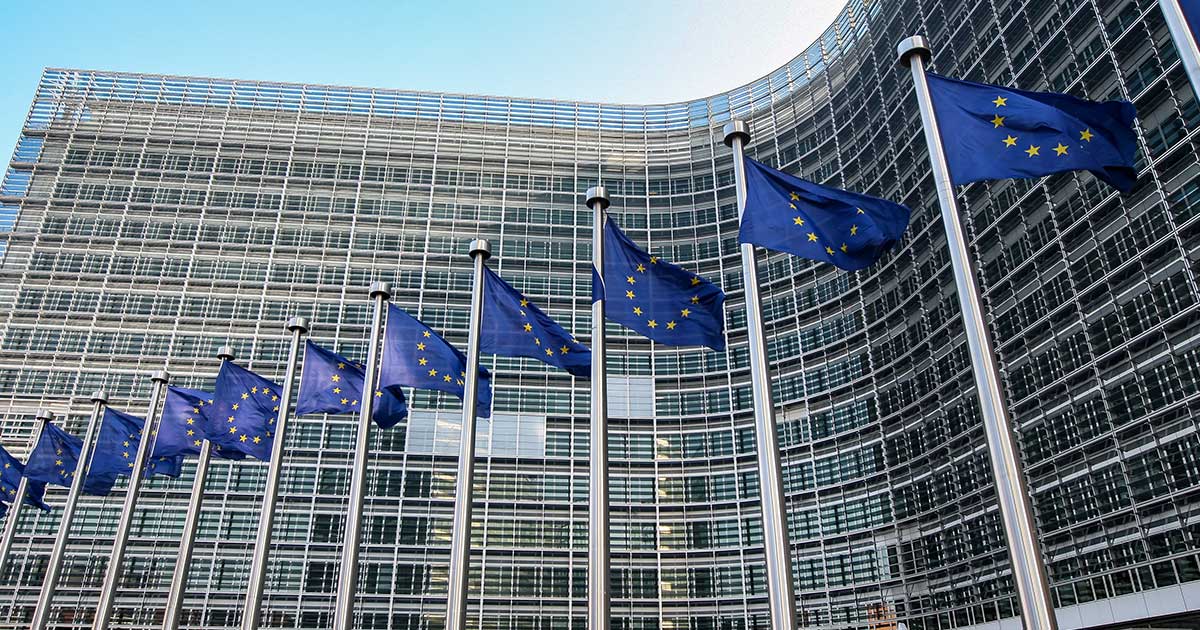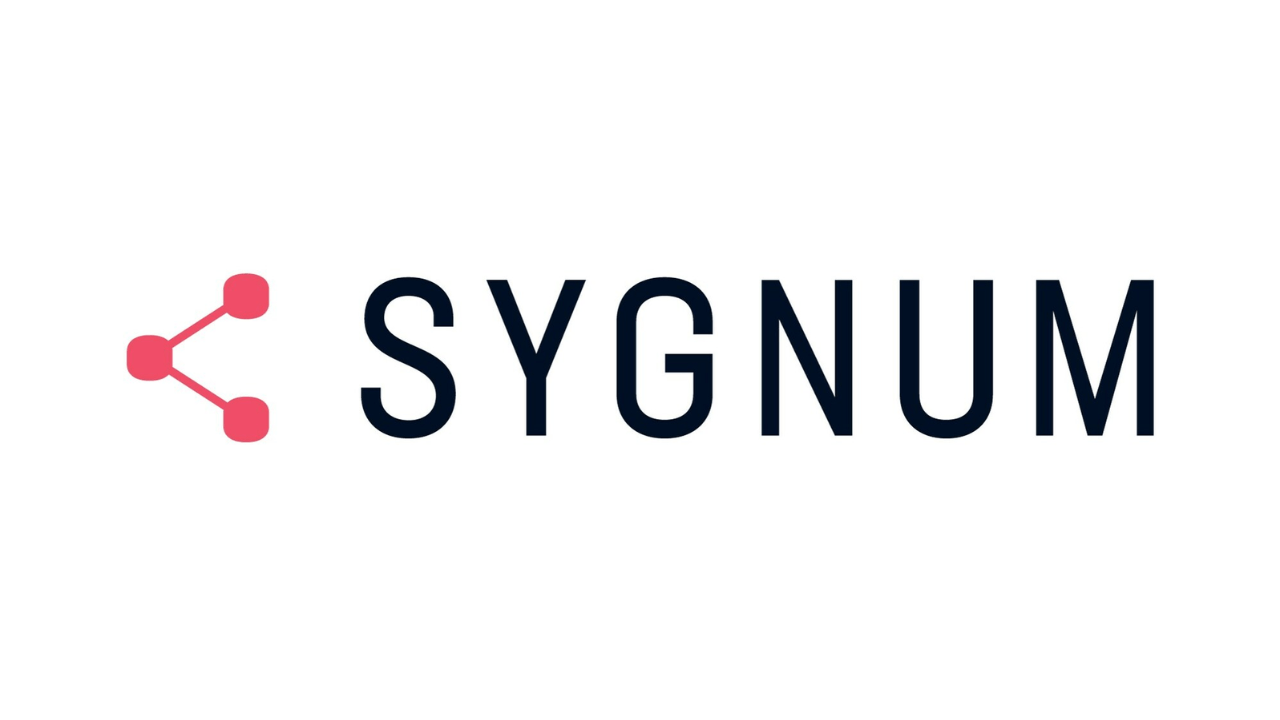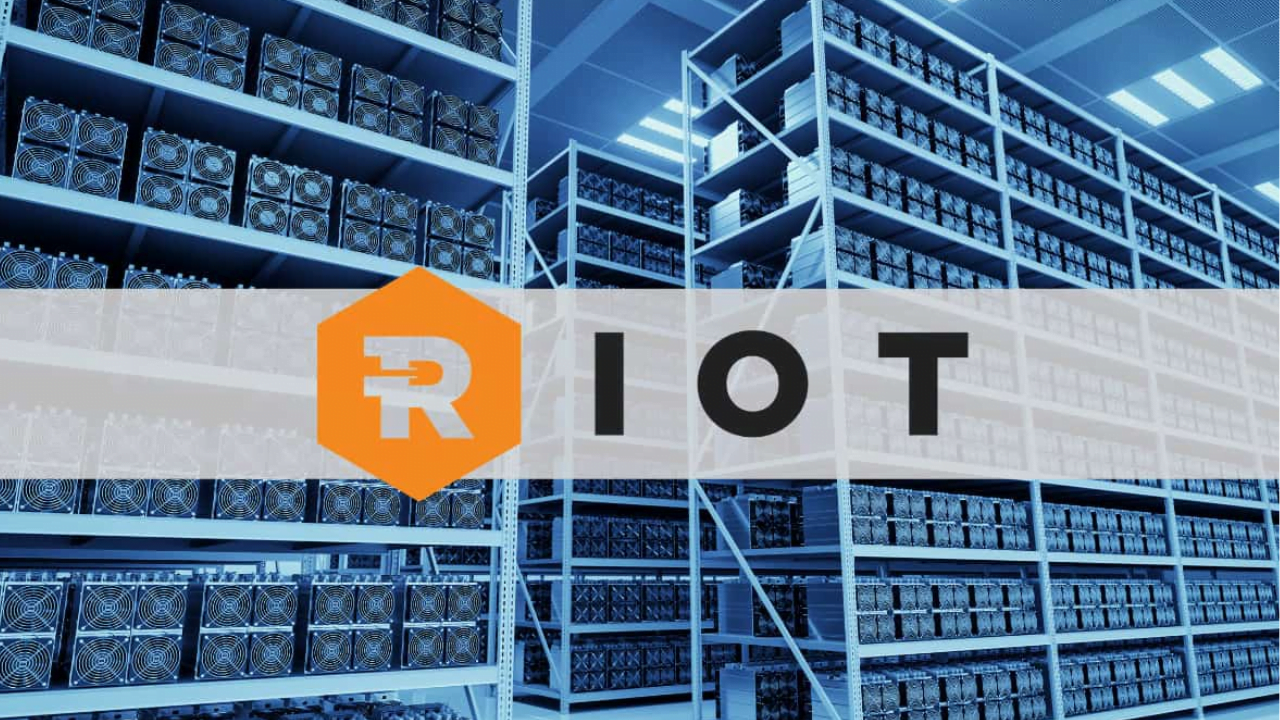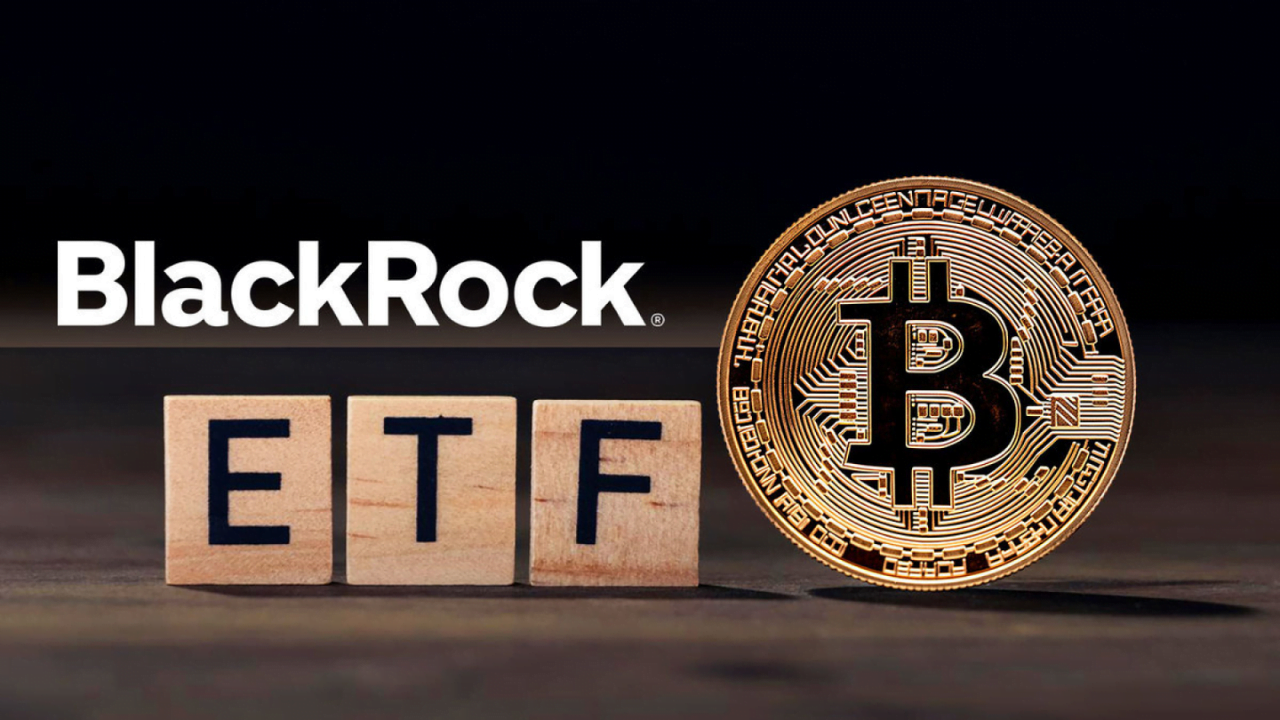On March 31, the European Union Parliament committees met to forward legislation to remove all the privacy from cryptocurrency transactions. The industry believes that this proposed legislation would impact the growth and innovation of the crypto market and infringe on people’s privacy. The committee, however, holds different views that will make the industry more transparent and instead prevent crimes and hacks.
With 93 votes in favour and 14 absentees, the Committee on Economic and Monetary Affairs (ECON) and the Committee on Civil Liberties (LIBE) voted to adopt the proposed legislation. These proposals will also be extended to the anti-money laundering (AML) requirements and will apply to traditional payments and transactions of more than EUR 1,000 ($1114) to the crypto sector.
The committee believes this will raise the bar for crypto payments, requiring even payers conducting small crypto transactions to become known, including payments from un-hosted or self-hosted wallets. Stringent measures are being considered to reduce unregulated crypto exchanges in the crypto market. The committee, in December, wanted to remove the EUR 1000 threshold. However, several issues were raised by the centre-right European People’s Party (EPP) members, who said that the move would be one for a de facto ban on self-hosted wallets.
User identity will be disclosed when conducting transactions for more than EUR 1000
On March 31, a separate legal proposal was submitted that prevents non-compliant crypto transactions being conducted in the EU if they are not linked or based in any state.
“Under the new requirements agreed by MEPs, all transfers of crypto-assets will have to include information on the source of the asset and its beneficiary, information that is to be made available to the competent authorities,” as per the statement of the European Parliament on its website.
However, the vote was passed despite strong opposition from significant crypto players like Coinbase and other legal experts who said such harsh legislation might lead to legal battles. As per the new rule, Coinbase will now have to notify authorities whenever a user conducts a crypto transaction of more than EUR 1000 via a self-hosted wallet. This goes for incidences when you receive more than EUR 1000 in your self-hosted wallet. The committee believes that all the recent money-laundering scandals occur when the rules of confidentiality allow for superior secrecy. The members will negotiate the final bill in April this year.








